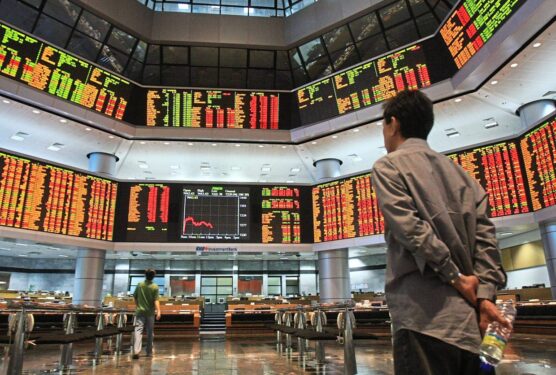ALTHOUGH governments globally are facing unprecedented challenges brought about by the Covid-19 pandemic, it is also an opportunity to embed the structural changes that have long been necessary to develop more sustainable, dynamic and inclusive economies.
World Economic Forum (WEF) managing director Saadia Zahidi said the crisis has starkly revealed the inadequacies in healthcare, wages, job quality and social safety net systems.
There are both apprehension about the loss of these agendas in the midst of urgent measures to address the health, social and economic fallout of the crisis, and a potential opportunity to build back better, fairer and greener economies, she said in her analysis entitled “Emerging policy priorities to manage the global economic fallout from the Covid-19 crisis.”
She said some experts argue that the time to direct such structural change should be right now but rather to safeguard as many businesses and jobs as possible.
“However, others have noted that the present moment is also an opportunity to embed the structural changes that have long been necessary to develop more sustainable, dynamic and inclusive economies,” she said.
For example, Saadia said, in response to the severe acute respiratory syndrome (SARS) crisis, the Chinese government focused on building digital infrastructure that enhanced the earning capacity of millions of people.
“A similar pivot towards green investments and structures that yield fairer outcomes could be made by governments as they implement measures to overcome the current crisis,” she explained.
It can also include new types of institutions and public-private partnerships, coordinating research and development activities towards solving public health challenges, enhancing job quality and training, and rewiring industries to reduce carbon emissions, said Saadia.
On related development, she said while most advanced economies have responded rapidly in targeting the needs of their own economies, better international coordination is needed among monetary and fiscal authorities.
“This will become more critical in the next phase as countries apply more conventional stimulus measures, which will deliver their full potential when implemented in sync with major trading partners,” she said.
Meanwhile, support to and solidarity with lower-income countries is now more important than ever, where the impact of the Covid-19 crisis will be severe due to several compounding factors.
The International Monetary Fund (IMF) projects that 170 countries will experience negative per capita income growth this year, the worst economic fallout since the Great Depression for both advanced and developing economies.
“Weak health systems and social safety nets will come under enormous strain, and countries that borrow in US dollars will be severely constrained to raise the necessary funds for government intervention,” said Saadia.
Capital flow reversals are already occurring in major emerging economies.
The IMF reports that the Middle Eastern and North African regions have seen a decline in portfolio flows of close to US$2 bil (US$1=RM4.33) since the middle of February, along with falling equity prices and rising bond spreads, while US$35 bil of sovereign debt is due to mature in 2020.
“While the IMF and World Bank have expressed their readiness to lend, their resources may have to be complemented with debt moratoria and additional support from advanced economies,” said Saadia. — April 10, 2020, Bernama










